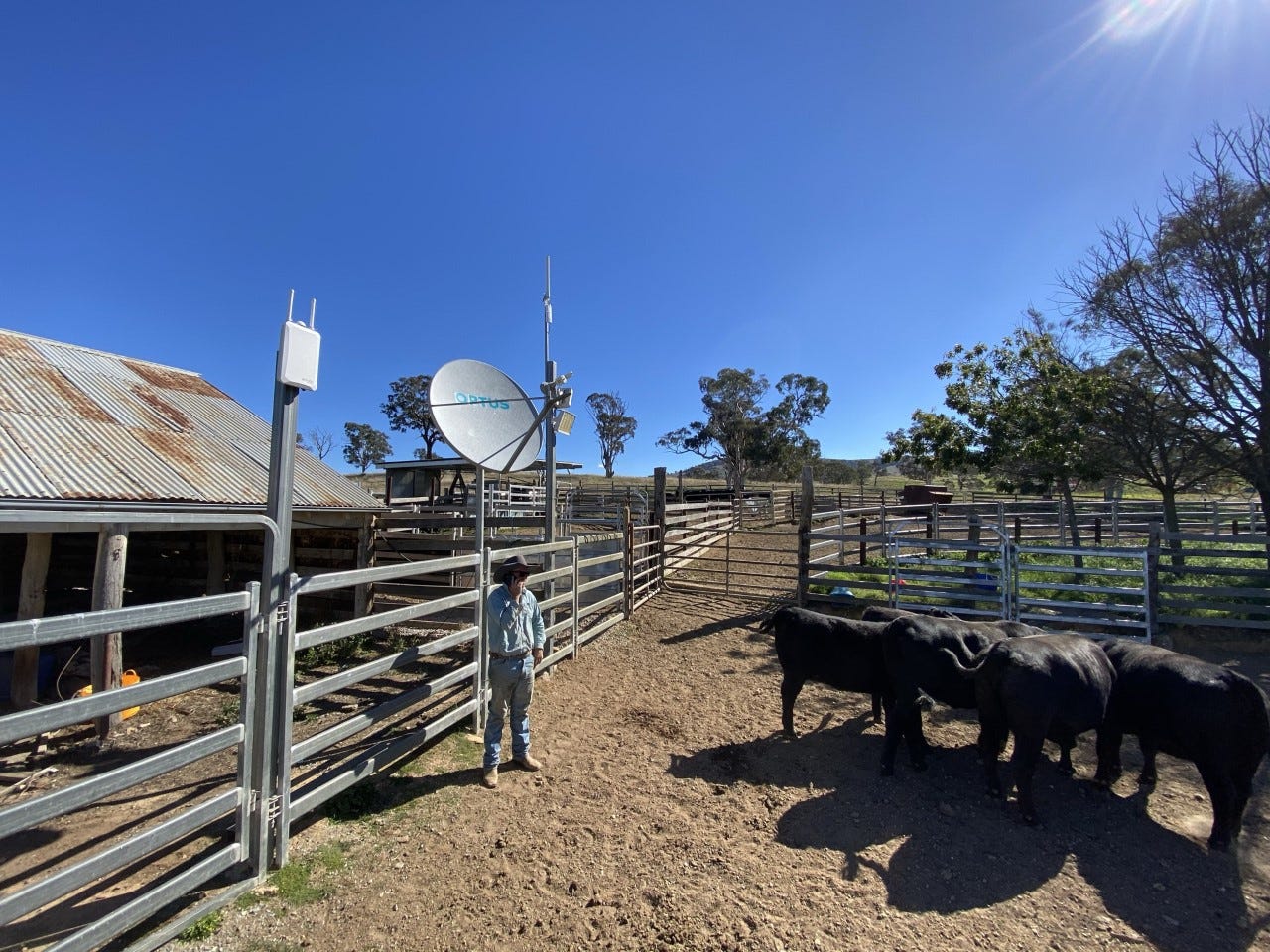Optus kicks off trials involving trio of satellite voice services


Optus said on Wednesday it is testing three technologies that form part of the federal government's AU$2 million Alternative Voice Services Trials (AVST) program.
The first is SatOffice Direct To Home Voice Over IP, which Optus described as being dial tone over satellite and allows for calls like a regular copper line.
The second uses a femtocell with 4G satellite backhaul that can provide mobile coverage up to 1km from an antenna typically placed on a homestead roof. Optus said it has already deployed this approach at 49 sites as part of the mobile blackspot program.
The third, dubbed SatOffice POP Wireless Access Loop for VoIP, uses Wi-Fi repeaters and point-to-point wireless links to extend satellite connectivity out to several kilometres.
Each technology is being tested in rural areas in New South Wales, South Australia, and Queensland until May 2022.
Once a solution is deployed, Optus said users will have "access to mobile services through satellites comparable in quality to that of traditional copper wires".
Previous attempts at providing voice services in Australia have been criticised for having high latency, which Optus head of satellite and space systems Nick Leake told ZDNet was being overcome.
"There is a common misconception that satellite latency cannot support quality real-time traffic such as voice. Optus has taken the skills and capabilities of providing voice and data services over many years and have applied them to the innovation behind AVST," he said.
"Through this journey, we have learned that if designed, implemented, and managed properly, we can have high quality voice calls over satellite. While all satellites have a degree of inherent latency, by ensuring service quality and maintaining a constant jitter, preventing packet drops and voice-distortion from happening, we can still provide real-time traffic."